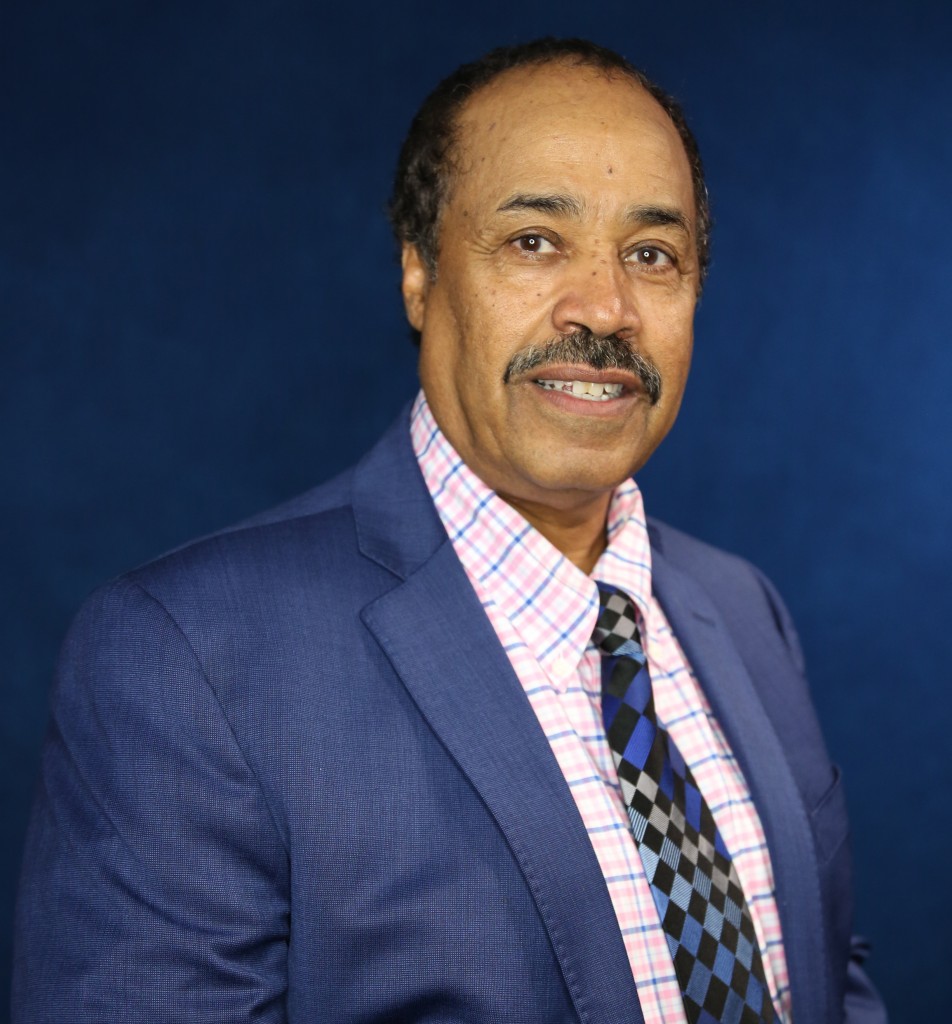![]()
[hr]Dr. Girmay Berhie is the new dean of the state’s only accredited School of Public Health, and he aims to infuse 21st-century technology into academic programs at Jackson State University so that health professionals can better serve the world.
Berhie, a native of Ethiopia, was educated in St. Louis, Missouri. He earned his doctorate in Public Policy Analysis and Evaluation from Saint Louis University, where he also received his master’s in social work. As well, he’s completed a master’s in information systems from Marshall University and studied biostatistics and epidemiology at John Hopkins University.

In the following streamlined interview, University Communications spoke to Berhie about his new role at JSU and his life outside of work:
Briefly discuss your personal background
I am originally from Ethiopia. I have several wonderful, grown children working in different career fields. I raised my kids in Huntington, West Virginia. I enjoy reading non-fiction and documentary books, and jogging.
What led you into the health profession and research?
Given the digital transformation, I have been interested in making a difference in health care research using technology. With the data we have, we need to prepare students with the skills needed to function in the 21stcentury.
You’ve served in many capacities. How long have you been in the health field?
I’ve been in the profession for more than 28 years. At Marshall University, I was professor/director of the West Virginia Statistical Analysis Center (WVSAC) and founder and chair of Health Informatics, Nursing Informatics and Data Analytics. Also, at Marshall, I served as founder and chair of undergraduate and graduate studies of Public Health and associate dean of research in the College of Health Professions. During these times, I was actively engaged in different grants/research/contracts/trainings. These were funded by the National Institutes of Health; Department of Justice; National Science Foundation; and Department of Labor. I’ve been a principal and co-principal investigator, director, consultant and evaluator.
Public health is comprehensive. How do you define the profession?
Public Health prevents diseases and unintended injuries.
Discuss your most significant research project(s) and the outcome?
The Affordable Care Act of 2010 and Health Information Technology for Economic and Clinical Health Act (HITECH Act) have not been fully understood in their moral and financial dilemmas. As such, I was involved in several research projects by using technology to enhance patient outcomes and prevent illnesses. I worked on electronic health information systems, computing racial and ethnic approaches to community health and developing a strategic prevention framework for prescription drugs.
While improvement in overall health for individuals and communities is the goal of any practitioner or social work advocate, which areas are you especially focused on?
Public health, social work, etc., have more commonalities than differences. My focus is on professional and extensive experiential learning opportunities using necessary skills, values, informatics and analytics.
What do you see as Mississippi’s greatest challenges?
The greatest challenges are economic and social issues and health care. The School of Public Health will create partnerships with community stakeholders in finding common grounds for research, dialogue and reflection on important public and health policy matters. The school will assist in attracting federal, state, local and private funds that will aid public and health policies, teaching and community awareness.
Compared to your previous state of residence, how does Mississippi rank with West Virginia?
The social determinants of health in West Virginia are similar to Mississippi
Any particular plans for buttressing SPH’s curriculum and expanding accessibility to academic courses, especially online?
- A school of Informatics and Analytics; several programs are ready for submission
- An epidemiology/biostatistics online certificate program
Are there other innovative plans for increasing the number of public health professionals?
Currently, several faculty members are exploring concepts on stroke, pre-term birth, first- generation students, telemedicine and STEM (science, technology, engineering, mathematics). We will be broadening the range of grants. We will create an easier means of collaborative research between academia and the community. Also, we will streamline the academic structure and develop future leaders and problem-solvers using Big Data.
What other goals do you wish to pursue as dean of SPH?
We’re proposing a School of Informatics and Analytics. It would offer a transdisciplinary applied science program that intersects multiple academic domains to ensure efficiency and better outcomes.






